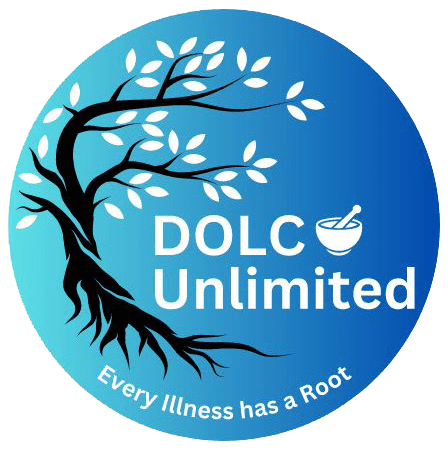Supplements
When navigating the vast and complex world of supplements
How do you choose products that truly meet your needs? The supplement industry, worth billions, resembles an unregulated machine producing numerous products, bolstered by hefty advertising and often making unsubstantiated promises. Remember, vitamins and over-the-counter supplements can play a crucial role in health and well-being, provided they are high-quality and tailored to your body’s specific needs.
Quality and Efficacy in Supplements

Who Needs Supplements?
Individuals on long-term prescription medications should consider supplementing, as these medications can deplete essential nutrients. Our modern diet, often high in refined sugars and processed foods, lacks vital nutrients requiring supplements for optimal health. Remember, a product is considered efficacious if it is broken down and readily absorbed in the body, ensuring consistency with every pill.
Determining who needs supplements depends on various factors, including diet, lifestyle, health conditions, and specific nutritional needs. Here are some groups of people who might particularly benefit from dietary supplements:
Individuals with Nutrient Deficiencies
People who have been diagnosed with specific nutrient deficiencies (like vitamin D, iron, or calcium) may require supplements to address these gaps.
Older Adults
As people age, their bodies become less efficient at absorbing nutrients. Supplements like vitamin B12, vitamin D, and calcium are often recommended for older adults.
Pregnant and Breastfeeding Women
Supplements such as folic acid are crucial during pregnancy for the health of the mother and the developing baby. Iron and calcium are other common supplements for pregnant women.
People with Dietary Restrictions
Vegetarians, vegans, and others with restricted diets may lack certain nutrients like vitamin B12, iron, zinc, calcium, and omega-3 fatty acids, which are found predominantly in animal products.
Individuals on Certain Medications
Long-term use of some medications can deplete certain nutrients. For example, proton pump inhibitors (Nexium or Prilosec) can reduce the absorption of vitamin B12 and statins can lower the body's levels of CoQ10.
People with Malabsorption Issues
Conditions such as celiac disease, Crohn's disease, and cystic fibrosis can affect the body’s ability to absorb nutrients, making supplements necessary.
Athletes and Those with High Physical Demands
Athletes or highly active individuals may require additional nutrients to support their higher energy needs and recovery after intense physical activity.
Individuals with Specific Health Conditions
Certain health conditions may require additional supplementation. For instance, people with osteoporosis may need extra calcium and vitamin D.
You Are In Control
You are the primary caretaker of your own health! You can either treat symptoms or address the root cause of your health issues. Imagine you are taking a ride in a hot air balloon, but you notice you start losing altitude (symptoms). You increase the flame to make it rise again and it works for a time. However the real problem is you have a hole in the balloon itself (root cause) which over time gets bigger and bigger until it is too big and you start falling out of the sky. Supplements, alongside prescriptions, when necessary, can help you live life to the fullest (patching your holes).
Ultimately, you are the pilot of your own aircraft and hold the responsibility of maintaining the quality of your health by choosing supplements wisely and having a balanced diet are essential to preventing severe health conditions.
